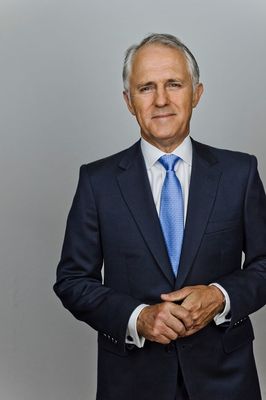By Jade Glen
The mere mention of the Federal Budget may be enough to make your eyes glaze over, but it’s worth a closer look – if you have young kids, changes to child care funding and the Family Tax Benefit could impact your hip pocket.
If you have kids in childcare, you will probably be better off. If your kids are in school, you might be worse off, thanks to changes to the Family Tax Benefit.
Major reforms to childcare funding will see one single means-tested subsidy replace the current Child Care Benefit (CCB) and Child Care Rebate (CCR) from 1 July next year.
Families earning less than $185,710 will no longer face an annual cap on childcare subsidies (previously set at $7500). Families earning more than $185,710 will have their subsidies capped at $10,000. Families that earn more than $350,000 combined will no longer be eligible for government subsidies.
Low-income families with both parents in full-time employment could have up to 85 per cent of their childcare fees subsidised by the government.
To fund the childcare reforms, the Federal Government will be squeezing the Family Tax Benefit scheme. Rates will be frozen for two years, instead of rising with inflation, and there will be no increases to Family Tax Benefit- A (FTB-A) as promised in previous budgets.
From 1 July 2018, families that earn $94,316 to $125,000 will see a reduction in their FTB-A payment.
Families that refuse to vaccinate their children without a medical exemption will lose $28 a fortnight, per child, from their Part A benefits, in addition to losing the annual end-of-year supplement.
Households earning over $80,000 will no longer receive the FTB-A supplement, which is currently worth up to $726.35 per child.
Health wise, the Medicare levy will rise by 0.5 per cent from July 2019, costing you extra at tax time. The price of some medicines, including epipens, is expected to fall, and families eligible for the Child Dental Scheme will get an extra $300 to spend at the dentist every two years, bringing the cap back up to $1000 after last year’s cuts. The government will also be encouraging more doctors to offer Bulk Billing to patients.
The rise in the Medicare levy will fund the National Disability Insurance Scheme, which is good news for parents of disabled children.
There will be more Commonwealth funding per student for most schools, in a move to standardise school funding.
If you are a university student the budget brought bad news, with a 7.5 per cent increase in tuition fees, and the repayment of student loans to start once you earn $42,000, instead of $56,000.
The Commonwealth has also announced a crackdown on welfare recipients, including a stronger verification process for single parents.
What they said:
“This delivers for our kids and grandkids, whether it’s on budget balance or on infrastructure, on assuring them of fair, needs-based school funding, guaranteeing Medicare, guaranteeing the NDIS. This is a fair budget.”
Prime Minister Malcolm Turnbull on ABC Radio National, 10 May 2017
“They are a big-taxing, big-spending government. Debts got bigger. And in the meantime, there was nothing in that budget of any consequence for middle-class and working-class families, except a hike in their Medicare levy.”
Opposition Leader Bill Shorten on ABC’s 7.30, 11 May 2017








